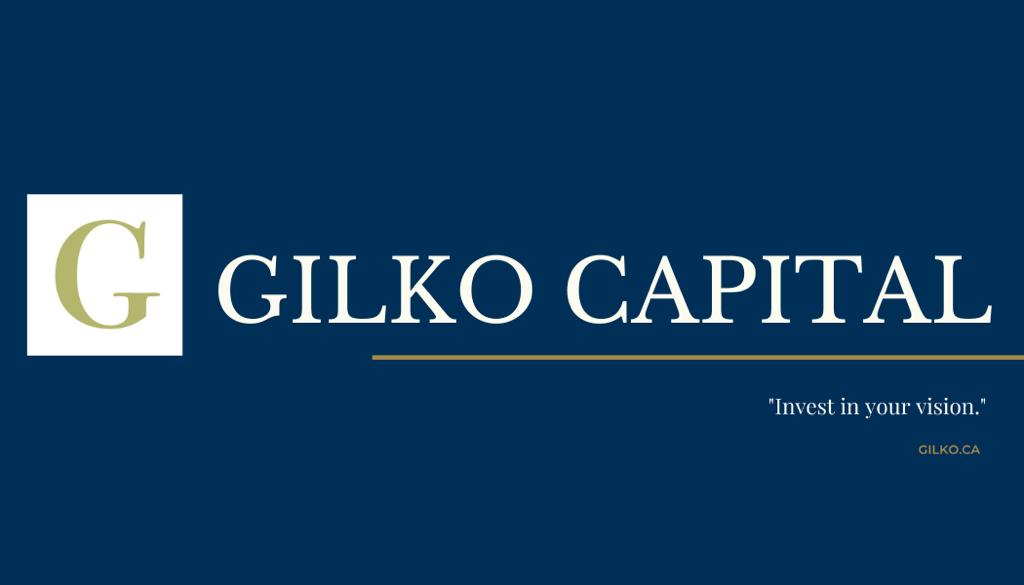As a commercial property owner, you may have taken out a mortgage to fund the purchase of your property. While making regular mortgage payments is the goal, unforeseen circumstances can arise, leaving you unable to make payments. In such a scenario, you may default on your commercial mortgage.
Defaulting on a commercial mortgage can have serious implications. This article will explore the consequences of defaulting on a commercial mortgage, and what you can do to mitigate them.
What is defaulting on a commercial mortgage?
Defaulting on a commercial mortgage is the failure to make a scheduled payment on time. Your mortgage lender may consider you in default after you miss one payment, but typically they will give you a grace period of several weeks to bring your account up to date.
If you are unable to catch up on your missed payments during the grace period, your mortgage may be declared in default, and your lender may take legal action to recover the money owed to them.
Consequences of defaulting on a commercial mortgage
Late fees and penalties: When you default on a commercial mortgage, your lender may charge late fees and penalties. These fees can be significant and add up over time, making it harder for you to catch up on missed payments.
Foreclosure: If you continue to miss payments, your lender may initiate foreclosure proceedings. Foreclosure is the process by which your lender takes legal ownership of your property and sells it to recover the amount owed to them. Foreclosure can have a significant impact on your credit score and make it difficult to obtain financing in the future.
Legal action: Your lender may take legal action against you to recover the amount owed, including filing a lawsuit or obtaining a court order to seize your assets.
Damage to credit score: Defaulting on a commercial mortgage can have a negative impact on your credit score. Late payments and foreclosure can remain on your credit report for up to seven years, making it challenging to obtain credit in the future.
Personal liability: In some cases, commercial mortgage lenders may hold the borrower personally liable for the amount owed. This means that if the property is sold for less than the amount owed, the borrower may be responsible for paying the difference.
Mitigating the consequences of defaulting on a commercial mortgage
If you find yourself in a situation where you are unable to make your mortgage payments, there are several steps you can take to mitigate the consequences.
Contact your lender: As soon as you realize you may miss a payment, contact your lender. They may be able to work out a payment plan or provide other options to help you avoid default.
Refinance: Refinancing your mortgage can help you lower your monthly payments and avoid default. However, refinancing may not be an option if you have already missed payments.
Sell the property: If you are unable to make your mortgage payments and cannot refinance, you may need to sell the property to pay off the mortgage.
Seek legal advice: If you are facing foreclosure or legal action, it is essential to seek legal advice. An experienced attorney can help you understand your options and protect your rights.
In conclusion, defaulting on a commercial mortgage can have serious consequences. Late fees, foreclosure, legal action, damage to your credit score, and personal liability are some of the consequences of defaulting on a commercial mortgage. If you find yourself in a situation where you are unable to make your mortgage payments, it is essential to take steps to mitigate the consequences. Contacting your lender, refinancing, selling the property, and seeking legal advice are some of the options available to you.

